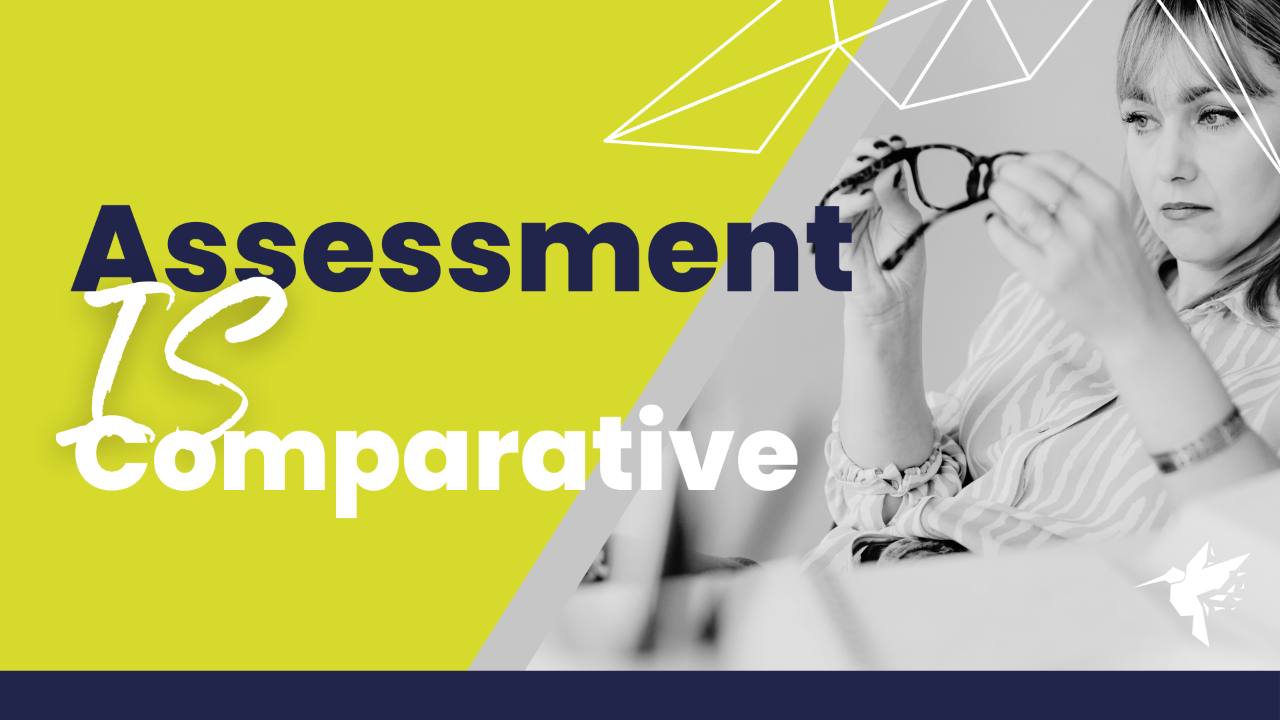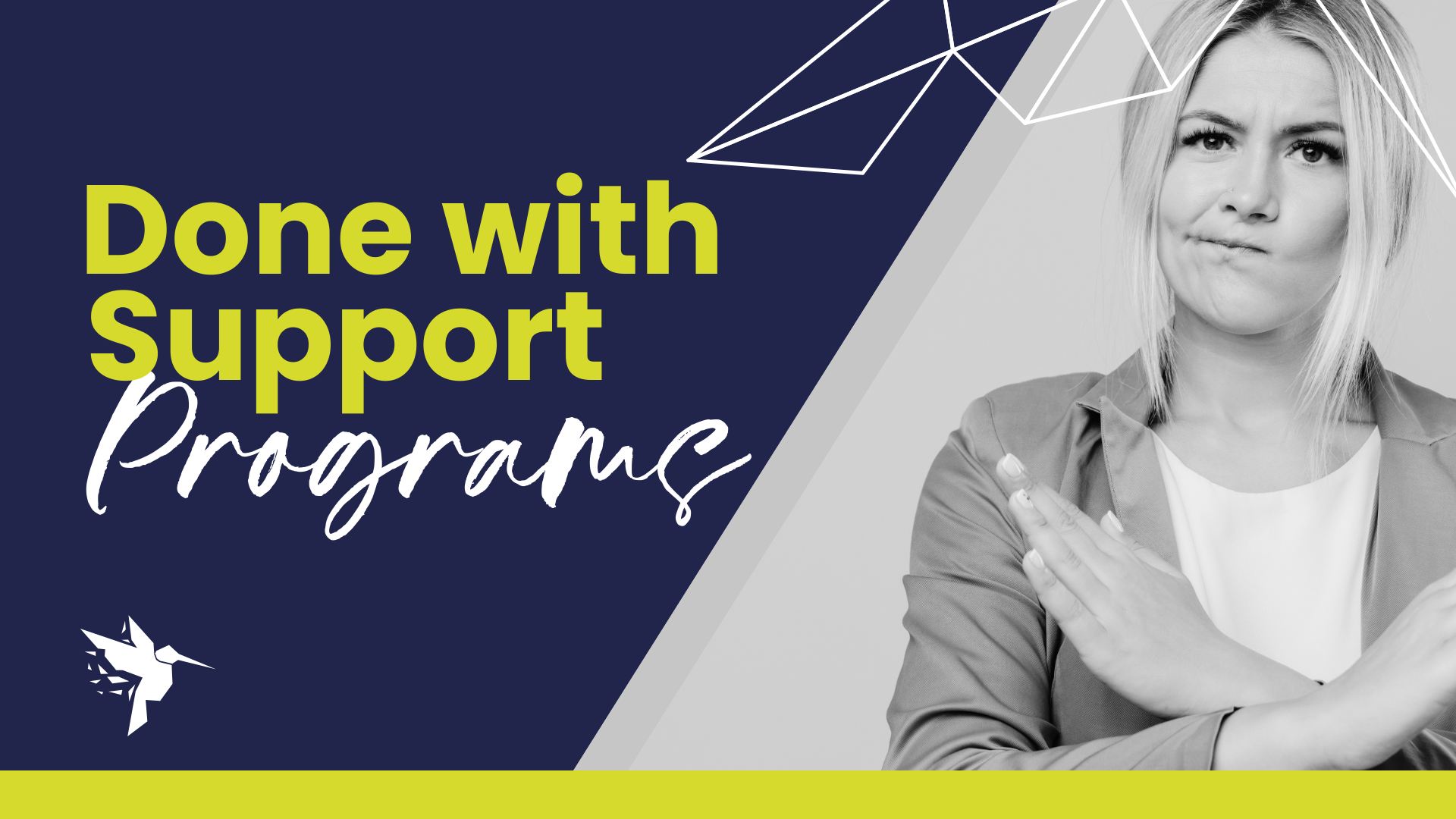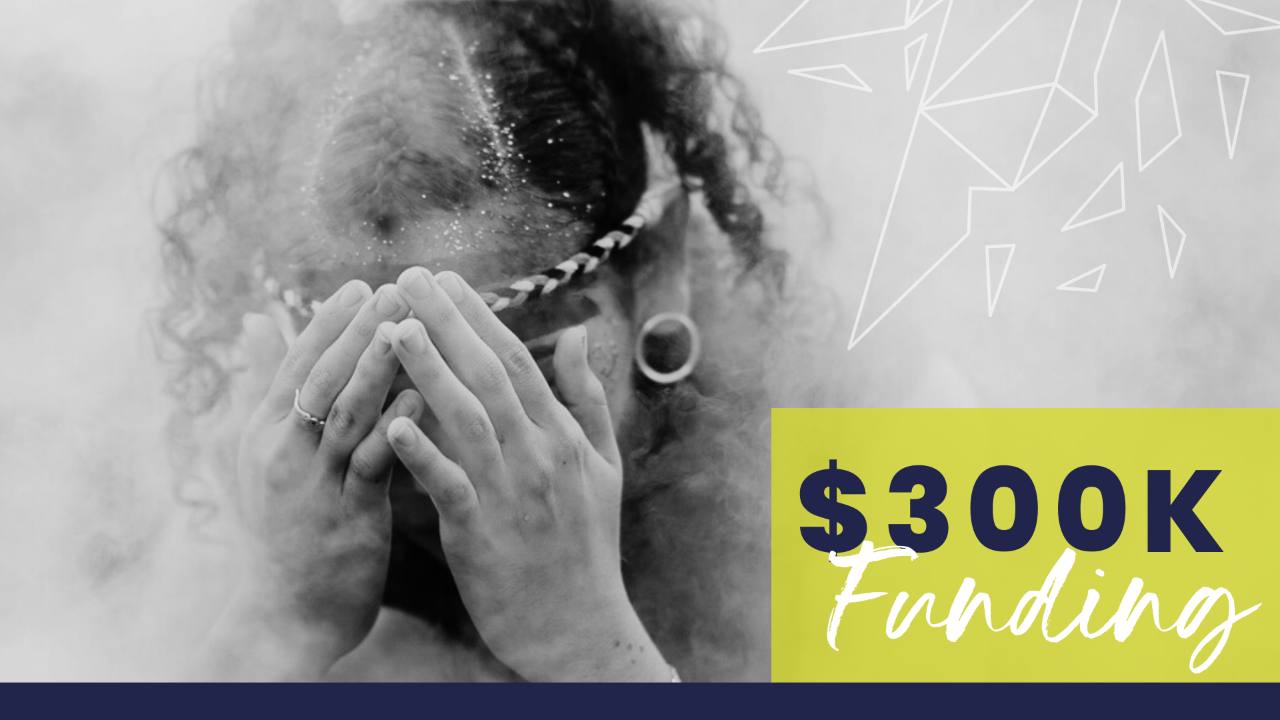The $250k PRF Fellowship
The $250K Idea Fellowship: When Funding Backs Thinking, Not Just Doing
The Opportunity ...
Imagine being paid a quarter of a million dollars to explore an idea that could shift how Australia tackles disadvantage. No project deliverables. No pressure to scale. Just 18 months to think, test, and reimagine systems change.
That’s what the Paul Ramsay Foundation (PRF) Fellowship offers — a rare funding opportunity that values ideas as highly as implementation. Applications for the 2026 round are open from 22 October to 19 November 2025, and if you’re someone who’s ever thought, “I wish I could just focus on the big idea for a while,” this might be your moment.
Why this program stands out
Most grants fund activity — programs, outputs, or measurable outcomes. PRF flips that model. It invests in people. Fellows receive up to $250,000 over 18 months, with up to $30,000 specifically for personal development, coaching, or leadership growth.
It’s one of the few fellowships that recognises that systems change starts with thinking differently — and that thinking requires space, not spreadsheets.
Past Fellows include leading academics, community innovators, and practitioners such as Jane Kohlhoff (early childhood mental health), Mark Yettica-Paulson (The Three Leadership Gardens intercultural leadership model), and Kyle Turner (ethical AI for First Nations digital inclusion). Their projects don’t just deliver services — they reshape frameworks for equity, leadership, and wellbeing.
Who this fellowship is really for
PRF Fellowships are built for thinkers and doers who see the system’s cracks and want to reimagine the foundation itself. Ideal applicants are community leaders, academics, and practitioners who can:
-
Frame new perspectives on social disadvantage in Australia.
-
Propose bold, systems-level solutions, not program extensions.
-
Collaborate across sectors to test what drives real, structural change.
-
Demonstrate both credibility and creativity — deep experience and fresh thinking.
Applicants must partner with a host organisation (a charity, not-for-profit, or university) that can auspice the funds. But the idea, voice, and vision remain entirely yours.
What they’re not looking for
This is where many founders and changemakers need to recalibrate. PRF explicitly excludes:
-
Delivery or scaling of existing programs.
-
Purely academic research with no social application.
-
Anything without a clear public benefit in Australia.
If your idea is already well-tested or revenue-driven, it’s probably not a fit. But if you’re questioning why the current approach isn’t working — and can articulate a credible, testable alternative — you’re in their sweet spot.
Inside the application process
Unlike most large grants, the PRF application process is intentionally light — reflective, not bureaucratic. You’ll need:
-
A short online application form outlining your idea, alignment, and eligibility.
-
A 2–3-page concept paper defining the problem, your hypothesis, and why you’re the right person to explore it.
-
A two-page CV or biography showcasing your domain experience or lived expertise.
-
A letter of support from your host organisation confirming they can hold funds.
-
Proof of Australian residency or citizenship.
You’re encouraged — but not required — to include one or two informal endorsements from respected peers or leaders. These can strengthen your application by showing you already have networks ready to engage with the idea.
What makes a winning proposal
Strong submissions tend to share three traits:
-
Clarity of purpose. They describe the system failure in plain language and explain why it matters.
-
Credibility of perspective. They connect the applicant’s lived experience or professional background directly to the issue.
-
Potential for influence. They suggest how the learning could inform wider policy, practice, or leadership beyond the fellowship itself.
You don’t need a business plan or theory of change — you need a sharp, courageous idea that challenges the status quo.
The founder’s angle
As founders, we often operate in execution mode — deliver, iterate, prove. The PRF Fellowship offers the opposite: time to zoom out. It invites you to pause and ask, “What’s really broken in the system I’m working within?”
If you’re building a social enterprise, designing tech for inclusion, or leading change in under-resourced communities, this kind of reflective funding could transform both your thinking and your trajectory. It gives you permission to work on the problem, not just in it.
And the ripple effect is real. Many past Fellows have gone on to secure major policy collaborations, spin-out ventures, and new models of leadership because their fellowship work reframed what’s possible.
How to position your idea
Approach your application as if you’re writing to a board of visionary peers, not a grant panel. Avoid jargon. Speak boldly about the gap you see and how your perspective could reshape it.
Ask yourself:
-
What system am I trying to shift?
-
What insight or experience uniquely qualifies me to question it?
-
How could my exploration benefit others, not just my organisation?
Why this matters for Australia’s future
PRF’s mission is clear: stop disadvantage in Australia by addressing its root causes. It’s one of the few philanthropic programs funding intellectual risk — the type of thinking that precedes innovation.
If we want to build fairer systems, we need to back people who dare to ask better questions. That’s exactly what this fellowship does.
→ Explore details and download templates at Funding4Growth.io/grants or register for PRF’s information session on 30 October 2025.




Responses